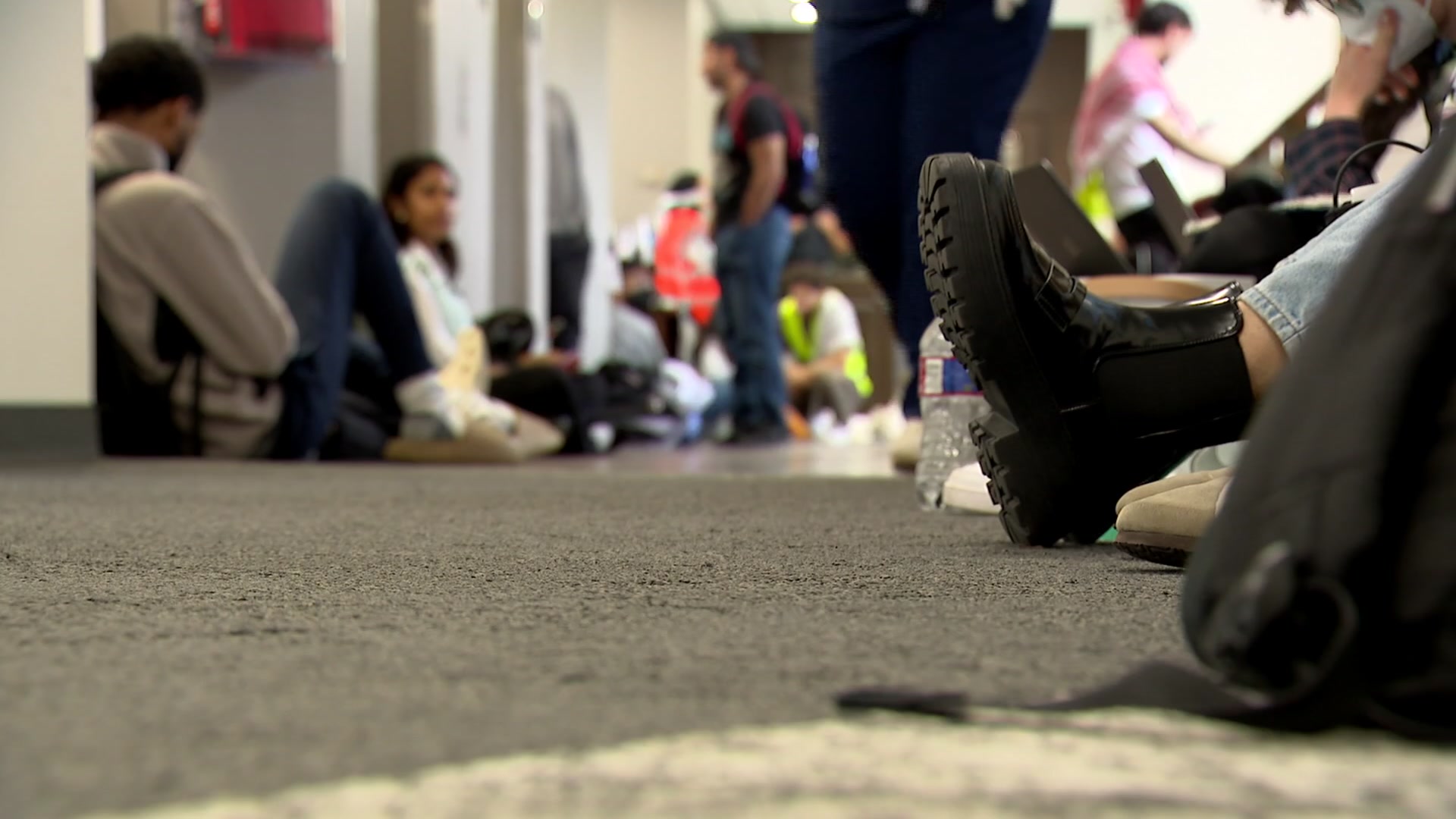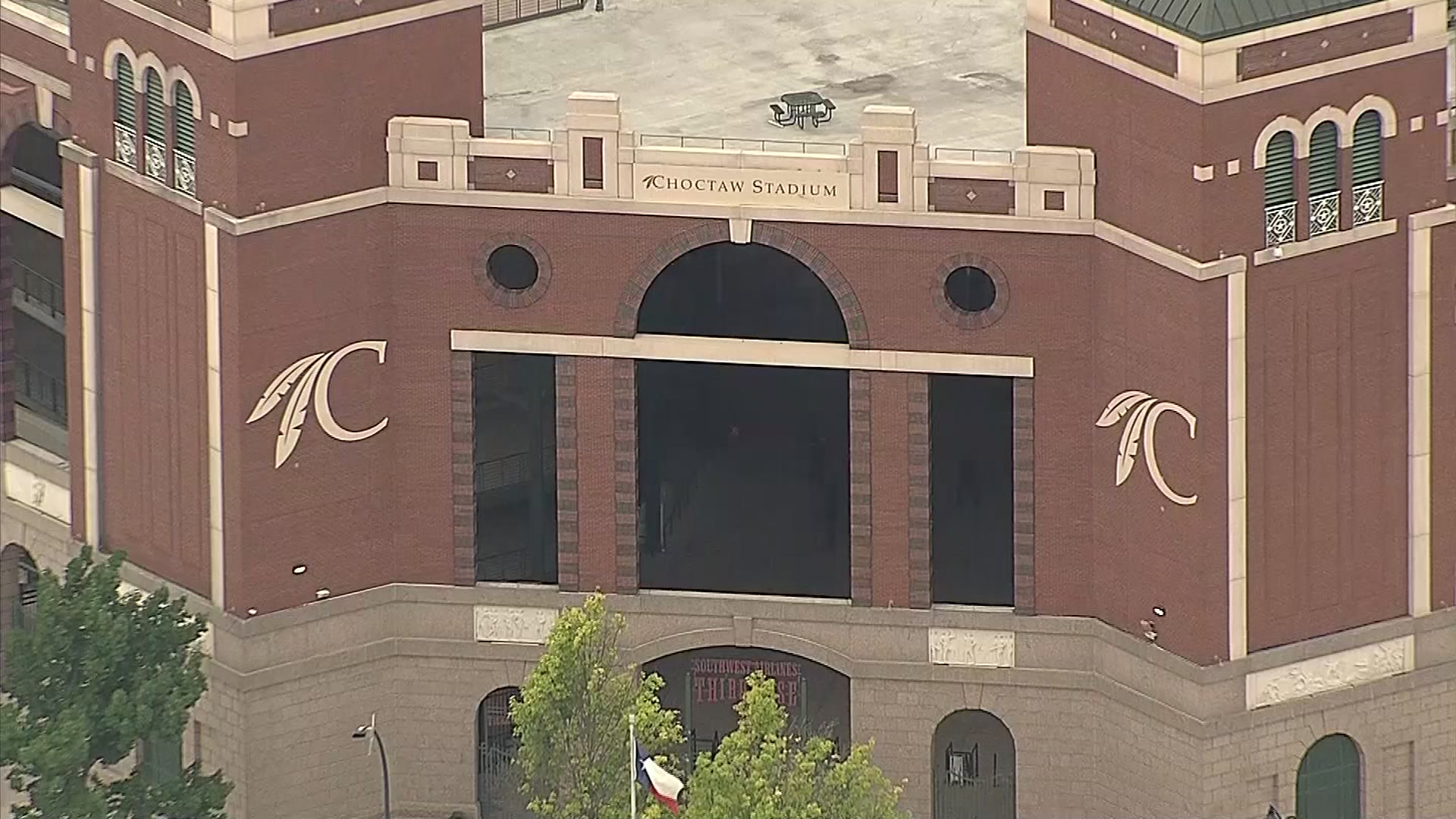Senate Bill 4, or the Sanctuary Cities Bill, will likely move a step closer becoming law as it is set to hit the House floor Wednesday.
The bill would allow law enforcement to ask about immigration status during an arrest and would ban local governments and colleges from creating “sanctuary” policies.
While SB4 is expected to pass, it won’t come without a last minute fight from local and state civil liberties groups.
“Sadly, I feel like across the nation, Texas will be seen as Arizona was seen years ago,” said Julio Acosta, Faith in Texas volunteer. “[State lawmakers will have] purposefully passed legislation to hurt certain communities or certain parts of the community.”
Groups from across the state and many from North Texas will travel to Austin to fight against the bill. They are concerned with what the bill would mean to police agencies in Texas and how it could affect public safety. Some say it would damage the trust between police and the Hispanic community beyond repair.
“If they feel fear, sadly we feel they won’t come forward with critical information,” Acosta said. “So, that is our main concern. That it will make communities less safe.”
There are also concerns about added duties and stress it could add to police agencies.
Local
The latest news from around North Texas.
“Many police departments across Texas say they are already understaffed [and] overworked,” Acosta said. “What we would do with burdening them with more things…taking their time and resources away from protecting and serving the community.”
State Sen. Charles Perry is co-sponsor of the bill. His office provided NBC 5 with a statement about Wednesday’s statehouse actions.
It reads in part:
"Banning Sanctuary Cities *is* about keeping our communities' safe by ensuring those who engage in criminal activity are not automatically released back into our communities.
Since this bill focuses on keeping our communities safe, we specifically protect victims and witnesses of crime in Senate Bill 4 to make sure no one is hindered from reporting crime."
The State Senate passed it and the House modified it to only allow police to ask about immigration status if someone is actually arrested. Opponents of the measure say that is not enough.



